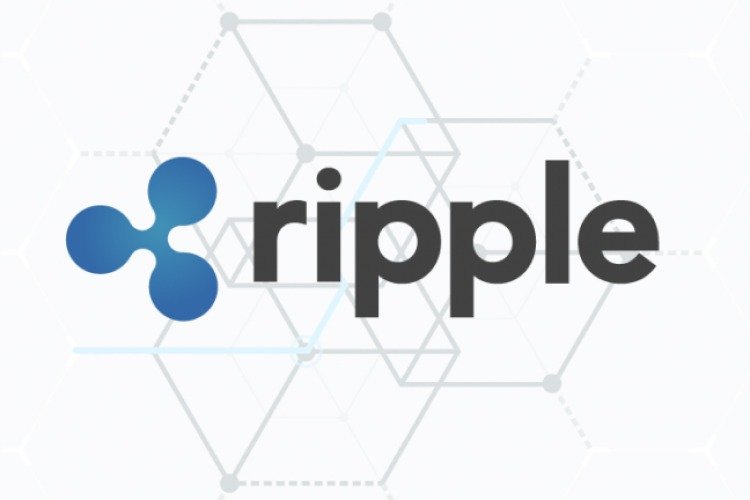Exploring the Future of Payments with Ripple: A Comprehensive Guide

The digital payments landscape has undergone significant changes in recent years. Among the emerging technologies reshaping this landscape, Ripple stands out as a pioneer in facilitating seamless cross-border transactions. In this comprehensive guide, we delve into the world of Ripple payments, exploring their features, benefits, and potential to revolutionize the global financial system.
Understanding Ripple: The next evolution of payment systems
In today’s rapidly changing financial environment, the evolution of payment systems is critical to remaining competitive and meeting the needs of both consumers and businesses. Traditional payment methods such as cash and checks are gradually being replaced by digital alternatives that offer greater convenience, speed, and security. Among these emerging payment systems, Ripple stands out as a revolutionary force.Bonds Casino Ripple (ボンズカジノ リップル), ready to reshape the way we trade on a global scale.
Blockchain technology: the backbone of innovation
At the heart of Ripple’s payments ecosystem is blockchain technology, a distributed ledger that records transactions across a network of computers. Unlike traditional banking systems that rely on centralized institutions to verify and process transactions, blockchain operates on a peer-to-peer network, eliminating the need for intermediaries and reducing transaction costs.
Real-time payments: redefining transaction speed
One of the most important advances brought by Ripple is the ability to facilitate real-time settlement of transactions. Unlike traditional banking systems, which take days to process cross-border transfers, Ripple enables near-instant payments, allowing businesses to send and receive payments in seconds. This quick settlement feature not only increases efficiency but also reduces currency fluctuations and counterparty risk.
Liquidity Solutions: Overcoming Financial Barriers
In addition to real-time payments, Ripple provides liquidity solutions that address some of the key challenges facing traditional payment systems. Ripple provides on-demand liquidity through its native cryptocurrency XRP, giving financial institutions real-time access to liquidity without the need for pre-funded accounts. This innovative approach eliminates the need for Nostro and Vostro accounts, freeing up capital and reducing operating costs for banks and businesses.
Interoperability: Bridging the gap between fiat and digital currencies
Another important aspect of Ripple’s payment system is its focus on interoperability, which enables seamless exchange between fiat and digital currencies. By facilitating smooth currency exchanges, Ripple eliminates the need for multiple currency conversions and reduces associated fees and delays. This interoperability not only increases the efficiency of cross-border transactions, but also promotes financial inclusion by connecting underserved markets to the global economy.
Benefits of Ripple payment
Efficiency and speed
One of the main advantages of using Ripple for payments is its unmatched speed and efficiency. Transactions on the Ripple network are processed within seconds, eliminating delays associated with traditional banking systems. This real-time payment feature ensures fast and seamless cross-border remittances, allowing businesses to conduct transactions with minimal latency.
Cost-effectiveness
Another attractive aspect of Ripple payments is their cost-effectiveness. Traditional cross-border transactions often involve high fees due to intermediary banks and currency conversion fees. In contrast, Ripple has significantly lower transaction fees, making it an attractive option for businesses looking to reduce overhead and increase profitability.
Transparency and security
Ripple’s blockchain technology provides a high level of transparency and security for all transactions. Each transaction on the Ripple network is recorded on a public ledger, ensuring accountability and preventing fraud. Additionally, the decentralized nature of Ripple’s network eliminates single points of failure, improving overall security and reliability.
The future of payments with Ripple
The future of Ripple payments looks promising as the adoption of digital currencies continues to grow. With innovative technology and strategic partnerships with financial institutions around the world, Ripple is poised to play a key role in shaping the future of global payments. From cross-border money transfers to micropayments and more, Ripple’s versatile platform offers endless possibilities for both businesses and consumers.
FAQ (Frequently Asked Questions)
How is Ripple different from Bitcoin and other cryptocurrencies?
Ripple differs from Bitcoin and other cryptocurrencies primarily in its intended use case. While Bitcoin aims to serve as a decentralized digital currency for peer-to-peer transactions, Ripple focuses on facilitating cross-border payments for financial institutions.
Is Ripple centralized or decentralized?
Although Ripple operates a decentralized network, some critics argue that its consensus mechanism and control over a portion of the XRP supply tends toward centralization. However, Ripple continues to work toward decentralization through community efforts and governance reforms.
Can individuals use Ripple for personal transactions?
Although Ripple is primarily targeted at financial institutions and businesses, individuals can also use the XRP cryptocurrency for personal transactions. Several cryptocurrency exchanges offer XRP trading pairs, allowing users to buy, sell, and transfer XRP tokens.
How does Ripple ensure transaction security?
Ripple employs advanced encryption technology and consensus algorithms to ensure the safety of transactions. Additionally, the network undergoes regular security audits and updates to mitigate potential vulnerabilities and protect users’ funds.
What are some notable partnerships and collaborations around Ripple?
Ripple has strategic partnerships with numerous financial institutions, payment processors, and money transfer companies around the world. Notable partners include MoneyGram, Santander, American Express, and SBI Holdings.
What are the potential regulatory challenges facing Ripple?
Like other emerging technologies, Ripple faces regulatory oversight and compliance challenges in various jurisdictions. Regulatory uncertainties regarding the classification of XRP tokens and oversight of Ripple’s activities may impact future growth and adoption.
In conclusion
In conclusion, payments with Ripple represent a major advance in the field of digital payments, offering speed, efficiency, and security unmatched by traditional banking systems. With innovative technology and strategic partnerships, Ripple is poised to revolutionize cross-border transactions and reshape the future of global finance.